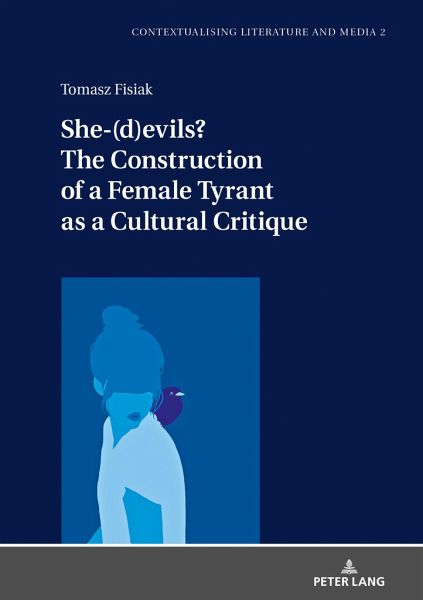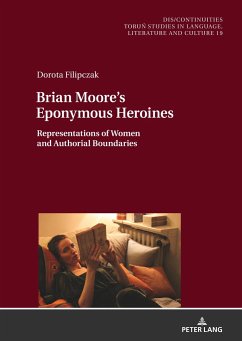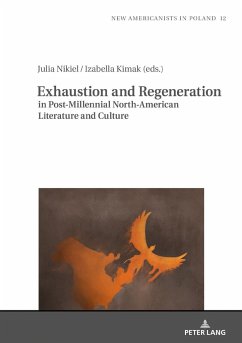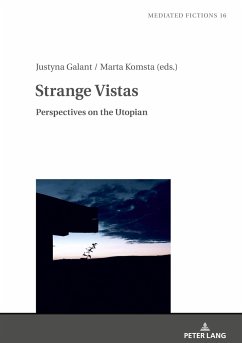
She-(d)evils? The Construction of a Female Tyrant as a Cultural Critique
Versandkostenfrei!
Versandfertig in 6-10 Tagen
72,55 €
inkl. MwSt.

PAYBACK Punkte
0 °P sammeln!
Although Gothicism remains a popular subject of scholarly investigation, little attention has been paid to the figure of the Gothic female tyrant. This book attempts to prove that despotic women in Gothic fiction are more than mere female equivalents of male tyrants or negatives to angelic damsels in distress. Rather, they are multidimensional characters who are punished for their independence, power and the free expression of their erotic needs. The book explains how their portrayal has evolved, embracing a selection of texts written between 1764 and 2003, as well as a few cinematic adaptatio...
Although Gothicism remains a popular subject of scholarly investigation, little attention has been paid to the figure of the Gothic female tyrant. This book attempts to prove that despotic women in Gothic fiction are more than mere female equivalents of male tyrants or negatives to angelic damsels in distress. Rather, they are multidimensional characters who are punished for their independence, power and the free expression of their erotic needs. The book explains how their portrayal has evolved, embracing a selection of texts written between 1764 and 2003, as well as a few cinematic adaptations of the analyzed works. The study views Gothic anti-heroines in their historical, social, class and cultural contexts, paying particular attention to the notion of desire and its fulfillment. The analysis, accompanied by the relevant theoretical framework, aims to help the eponymous "she-devils" reclaim their space and voice.














